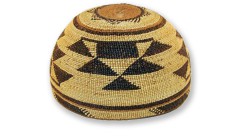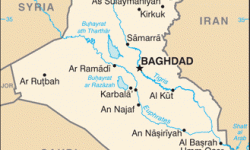Cuneiform exceptionalism? Justifying the study and publication of unprovenanced cuneiform tablets from Iraq
Brodie, N. (2021) ‘Cuneiform exceptionalism? Justifying the study and publication of unprovenanced cuneiform tablets from Iraq’, in Oosterman, N. and Yates, D. (eds) Crime and art: sociological and criminological perspectives of crimes in the art world, Springer, pp. 103–118.
Abstract
Through the 1990s and 2000s thousands of cuneiform tablets were looted from archaeological sites in Iraq and acquired by private collectors. Since then, scholars with expertise in reading cuneiform inscriptions (who call themselves Assyriologists) have been studying and publishing the texts. This scholarly engagement with what is generally understood to be illicitly-traded material has been controversial, and many Assyriologists have made public statements justifying their work. This chapter presents a brief overview of the controversy over publication, before using Luc Boltanski and Laurent Thévenot’s theory of justification to examine the justificatory statements of Assyriologists for what they reveal about their reasons for engaging with illicitly-traded material. The chapter concludes by considering the harms such scholarship might cause to Iraq.

